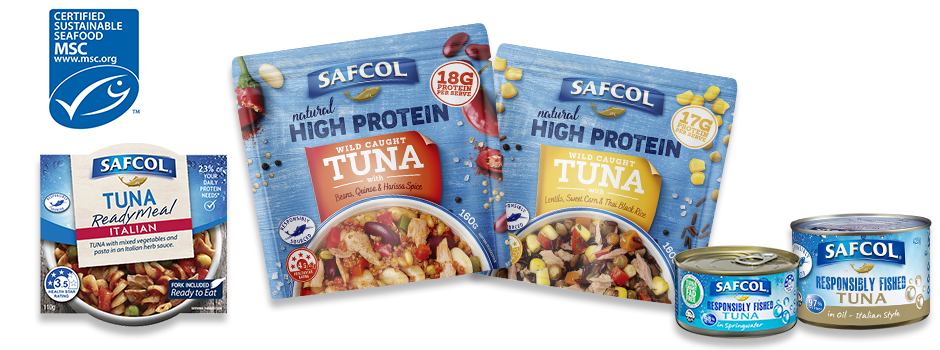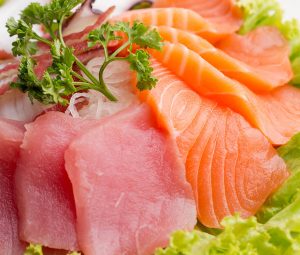Cut Meat to Reduce Risk of Cancer
Posted on : February 21, 2023
by Ashleigh Feltham Accredited Practising Dietitian and Accredited Nutritionist
Cut Meat to Reduce Risk of Cancer
You may have noticed the growing trend of plant-based foods available at supermarkets and restaurants. It may please you to know that this trend goes beyond a simple fad. There is increasing research that supports including plant-based foods to optimise your health.
A new study has provided further links to the potential benefits of eating a plant-based diet to reduce the risk of cancer. Moreover, consuming seafood alongside a plant-based diet also reduces cancer risk.
This 11-year study included 472,377 participants aged between 40 and 70 years.
Participants completed dietary questionnaires and were then placed into categories of regular meat eaters of more than five serves a week, low meat eaters of equal or less than five serves a week, fish-eaters, and vegetarians. Researchers recorded which of the participants developed any kind of cancer, and also isolated particular cases of prostate, post-menopausal breast, and colorectal cancer.
Researchers found that participants who ate beef, lamb, pork, chicken and turkey no more than five times a week had a 2% lower chance of developing any cancer, and a 9% lower chance of developing colon cancer compared with those who consumed meat more often.
Seafood-only eaters had a 10% lower risk of developing any form of cancer. They also had a 20% lower risk of developing prostate cancer compared with those who included meat more than five times a week in their diet.
Vegetarians or vegans had a 14% lower risk of developing any cancer compared with those who included meat more than five times a week. They also had a 31% lower risk of developing prostate cancer, compared with those who had more than five serves of meat a week.
Plant-based foods are protective against developing cancers due to a matrix of nutrition factors plant foods provide. This includes fibre, which is linked to a healthy body weight, as well as a type of prebiotic fibre. Prebiotic fibre fuels the health promoting microbes in the gut that protect your body in many ways, including reducing your risk of developing certain cancers.
Plant foods also contain polyphenols and antioxidants, which help to fight off free radicals. In excess, free radicals cause damage and disease to the cells of the body. Furthermore, plant-based foods provide many vitamins and minerals that support optimal body function and health, such as vitamin A and vitamin C. Both these vitamins support an optimal working immune system.
If cutting all forms of animal meat is too much of a difficult change, this research suggests that at least reducing the amount of meat to less than five times a week is a great first goal. Also including seafood, which is linked to a lower risk of developing any type of cancer and specifically a lower risk of prostate cancer compared with those who eat meat more frequently.
If you wish to include seafood in your diet, have two to three serves a week. A serve of seafood is 100g of cooked seafood. Choose ethically sourced seafood that uses responsible fishing practices and opt for salmon products that are Marine Stewardship Council (MSC) certified. This certification requires an independent third-party audit that ensures the fish population is healthy, the impact of by-catch on the ecosystem is minimised and that there are effective management practices in place.
Take home message
This research reinforces the health benefits of including more plant-based foods in your diet. If you do not want to make a complete switch to a plant-based diet, this new research provides comforting results. Red meat can still be included in moderation, but seafood is a lower risk choice as part of an overall balanced diet to support your health.

References:
- Watling, C.Z., Schmidt, J.A., Dunneram, Y. et al. Risk of cancer in regular and low meat-eaters, fish-eaters, and vegetarians: a prospective analysis of UK Biobank participants. BMC Med 20, 73 (2022).
- Matthew Solan, Executive Editor, Harvard Men’s Health Watch. Eating less meat may lower overall cancer risk. Harvard Health Publishing Harvard Medical School.




